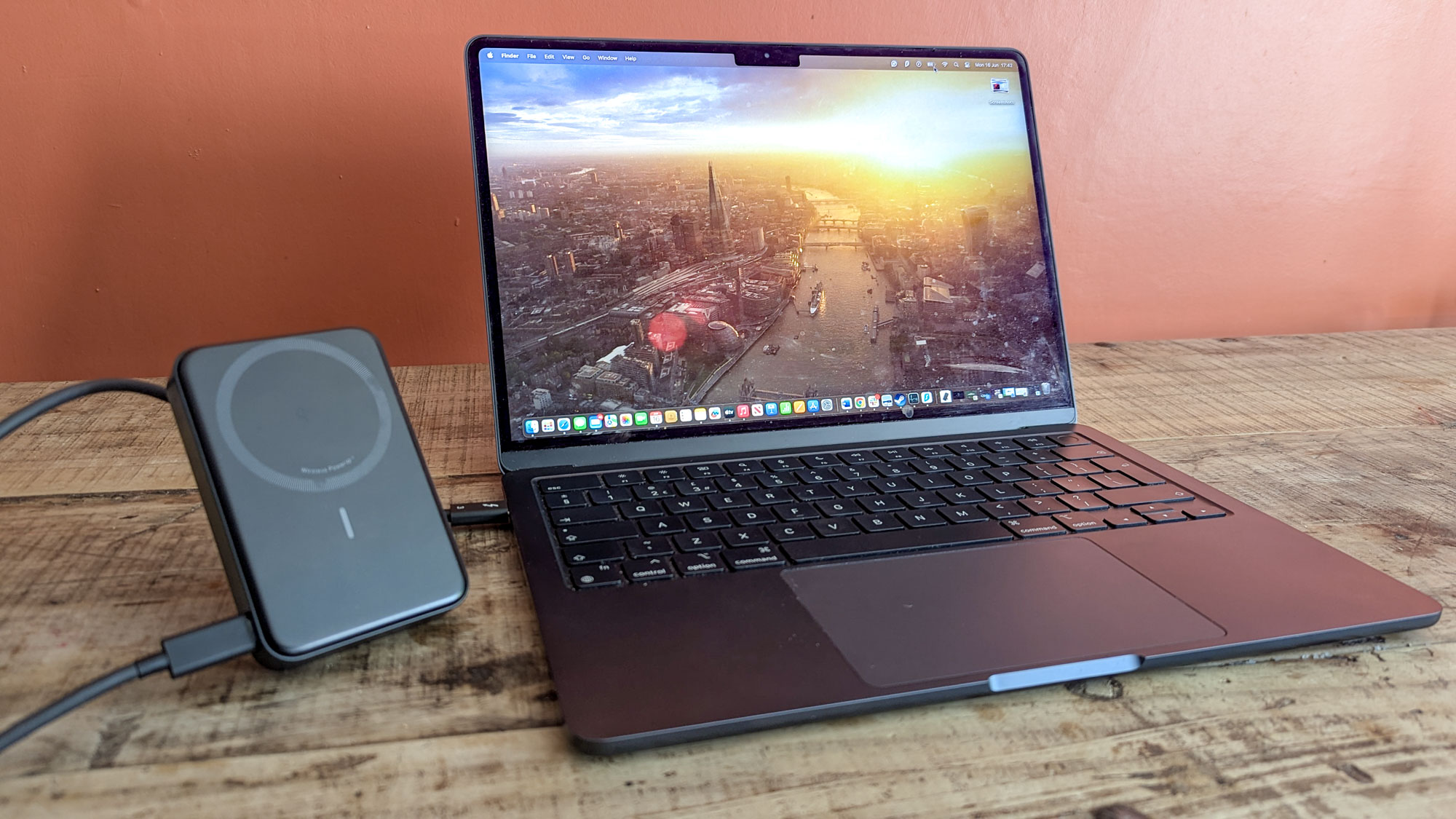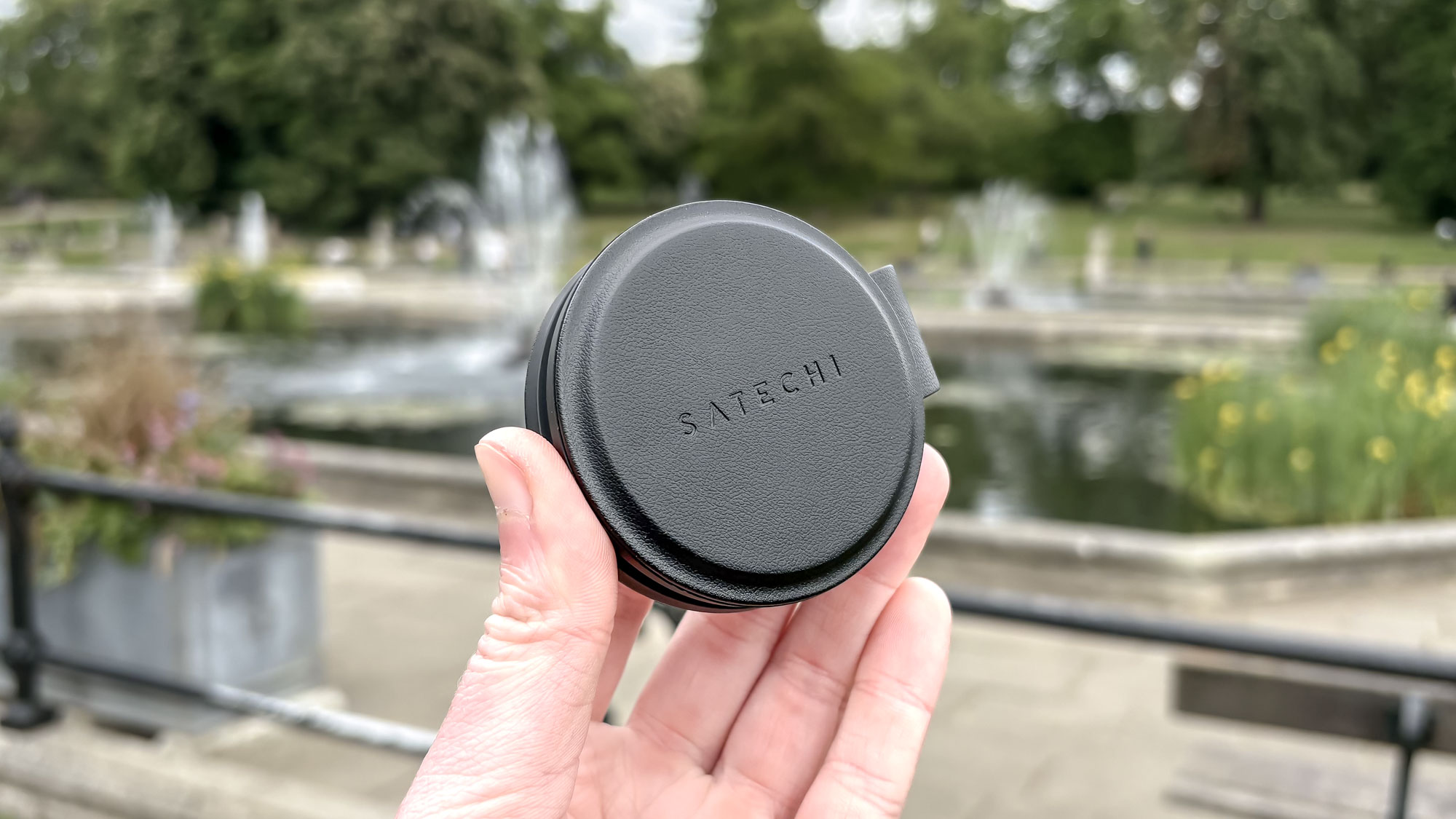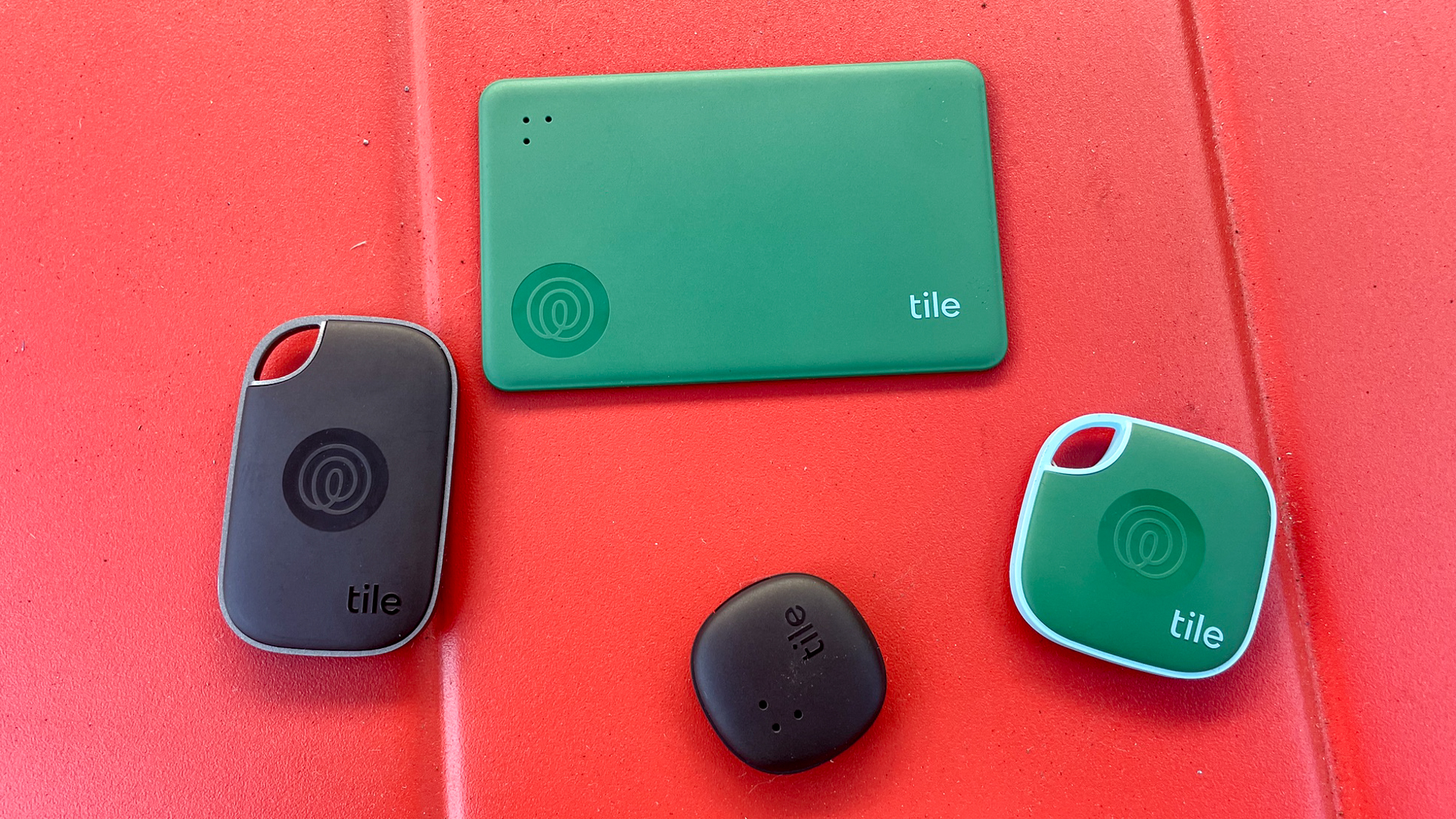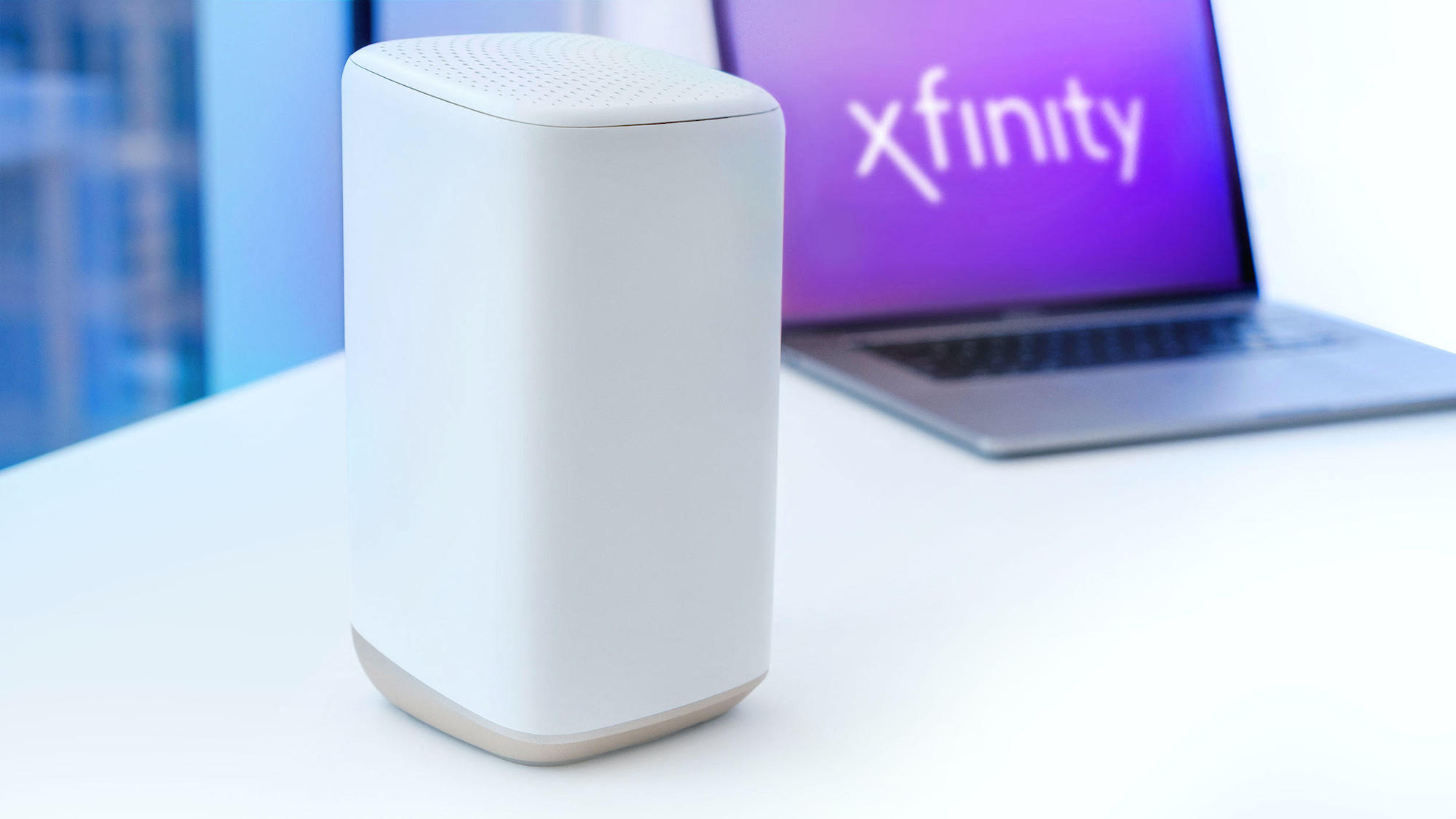Tech
Latest about Tech

What is Amazon Prime? Everything you need to know
By Louis Ramirez last updated
Amazon Prime is more than fast shipping. If you're wondering what is Amazon Prime — here's what you need to know.

How to get a Dell student discount
By Rory Mellon last updated
Here's how to get a Dell student discount and save up to 10% on a range of high-quality laptops, monitors, PCs and more.

I've kept iPhones for 5 years and Nutribullets for 8 — here's how I nurture my tech and stretch its lifespan
By Erin Bashford published
I'm very anti-spending money on replacing broken tech, so I've compiled my three top tips for ensuring you don't need to replace your gadgets often.

Going to a festival this summer? Pack these 5 gadgets to maximize the fun
By Nikita Achanta published
From earplugs and power banks to a good pair of walking shoes, here's what you need to pack for your next summer festival.

I use this Anker power bank every day and it's now cheaper than ever — it can even charge my MacBook Air
By Darragh Murphy published
I've been using this Anker MagGo Power Bank with a huge 10,000mAh battery capacity to charge my devices while traveling, and t

Tom’s Guide Awards 2025 nominations — Submit your products now
By Anthony Spadafora published
The Tom's Guide Awards honor the best products in tech, home, fitness and more. Nominations are now open — here's how to enter.

8 best Father's Day gifts 2025 — here's my top picks as a Dad
By Mark Spoonauer, Dave LeClair published
Whether your Dad is a gamer, golfer or something else, we've got the gifts that'll make his Father's Day one to remember.

Trump's tariffs just blocked by major court ruling — here's what it means for you
By Tom Pritchard published
The Court of International Trade just blocked all of Trump's tariffs, and that could be good news for consumers. For now, at least.

I've been using this 3-in-1 wireless charger for 2 weeks — and it's a must-have for travel
By Darragh Murphy published
Looking for a convenient way to charge your phone, smartwatch and earbuds? Satechi's OnetheGo wireless chargers can do it all thanks to their compact, flexible and travel-friendly design.
Here at Tom’s Guide our expert editors are committed to bringing you the best news, reviews and guides to help you stay informed and ahead of the curve!

